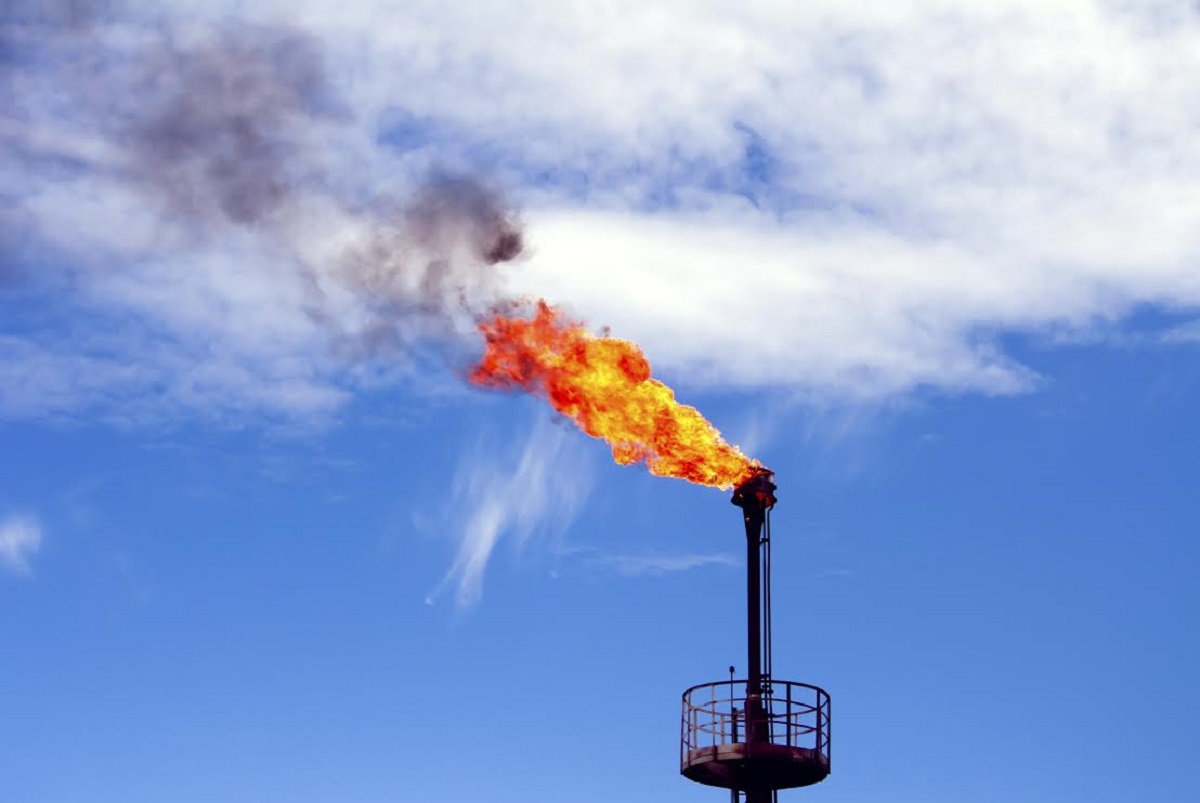Earlier this month, the House Select Committee on the Climate Crisis released a blueprint for averting the worst impacts of climate change, creating good green jobs, and ensuring that everyone in this country can drink clean water and breathe clean air, especially the communities of color who have borne the brunt of pollution for far too long. It’s a massive document, more than 500 pages long, with many excellent recommendations. As the director of the Beyond Dirty Fuels campaign, I fight to stop the expansion of the oil and gas industry. I want to highlight a few of the recommendations related to oil and gas drilling -- each a crucial part of solving the climate crisis.
Two recent scientific studies warn that emissions of the potent greenhouse gas methane are soaring, threatening to put our climate goals out of reach. The primary component of fracked gas, methane heats the planet over 80 times more intensely than carbon dioxide over a 20-year period. “If we continue to release methane as we have done in recent decades, we have no chance,” Rob Jackson, a Stanford University earth scientist, told The New York Times.
The Select Committee’s report proposes reducing methane emissions at every point in the cycle of dirty fuel production -- even before a well is drilled. It recommends that Congress eliminate all unnecessary oil and gas subsidies. To me, that means eliminating all $20 billion worth of oil and gas subsidies. Once oil and gas companies can no longer get billions of dollars in tax breaks for climate destruction, they won’t be able to compete economically with clean energy, which means they will drill fewer wells and will spew less climate pollution into the atmosphere.
For the wells, pipelines, and other pieces of oil and gas infrastructure that already exist, the report calls on Congress to establish a goal of reducing methane emissions up to 70 percent by 2025, and 90 percent by 2030. That will require monitoring of leaks at every stage of drilling, processing, storing, and transporting oil and gas -- and rules to ensure that companies take responsibility for plugging now-rampant methane leaks.
Eventually, a well may become “orphaned,” meaning it’s been abandoned by the company that drilled it. Unplugged and unremediated, these wells leak oil, brine, and methane, contaminating drinking water as they worsen the climate crisis. The EPA estimates that there may be 3 million orphaned wells across the country.
Before drilling on federal lands and on private lands in some states, oil and gas companies are supposed to post a bond that covers the cost of remediating their wells. But in practice, this rarely happens -- bond amounts are too small to cover the costs of plugging wells, and some companies opt to pay their executives large bonuses before covering the costs of cleaning up their own wells.
The Select Committee report recommends increasing bond amounts, as well as instituting new penalties for abandoned wells, to make sure that oil and gas companies can’t make us -- the people they’ve forced to live with extreme heat, wildfires, and superstorms -- pay to clean up their mess. For wells that have already been abandoned, the report proposes a $2 billion reclamation fund, which would turn orphaned wells from major climate polluters into carbon sinks. Doing so could create over 190,000 jobs, putting people to work closing wells instead of drilling new ones every year for the next decade. This is the type of transition we need away from a fossil fuel economy to one that manages the decline of drilling, requires polluters to internalize the costs associated with its pollution, and paves the way for a clean economy.
If made into law, these recommendations would act as a powerful curb against dangerous, out-of-control methane emissions -- giving us a much better chance of keeping ourselves safe from climate chaos. Each of these tweaks to our energy system represent an opportunity to walk away from dirty fuels and toward a better, more sustainable future.
